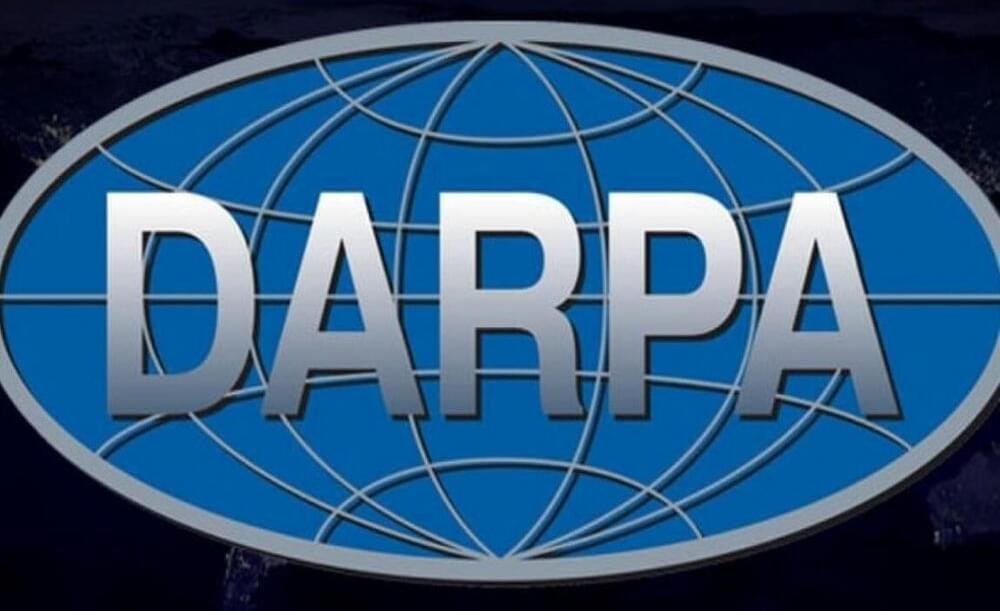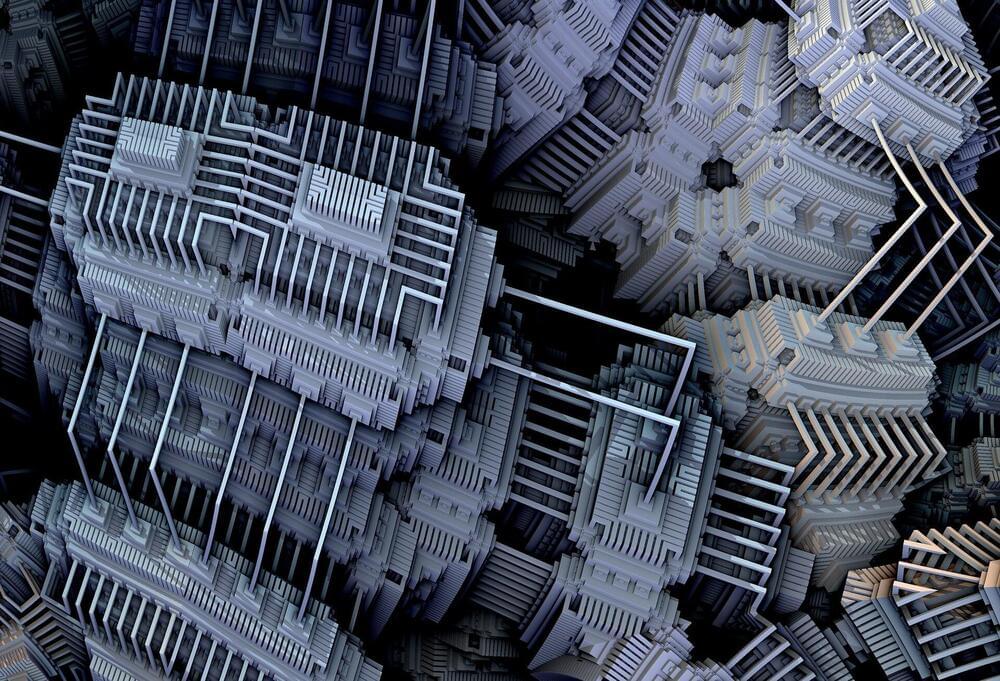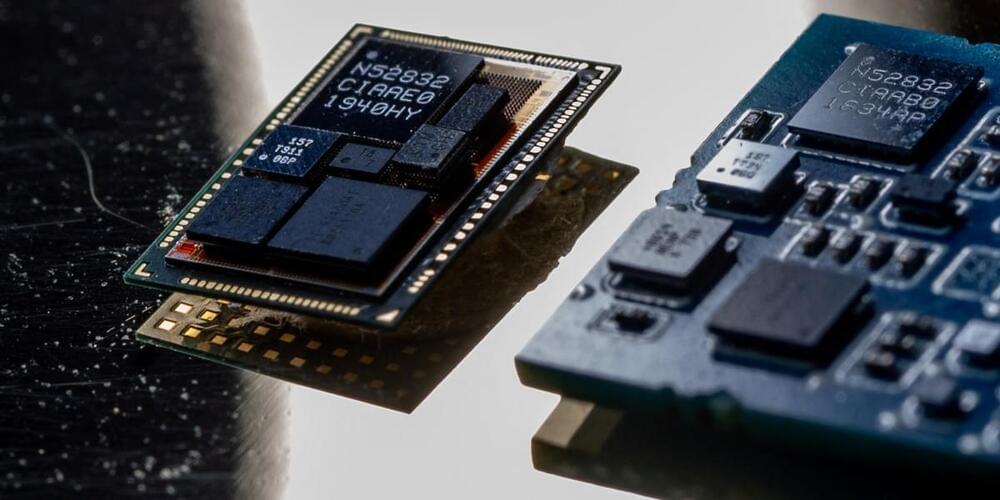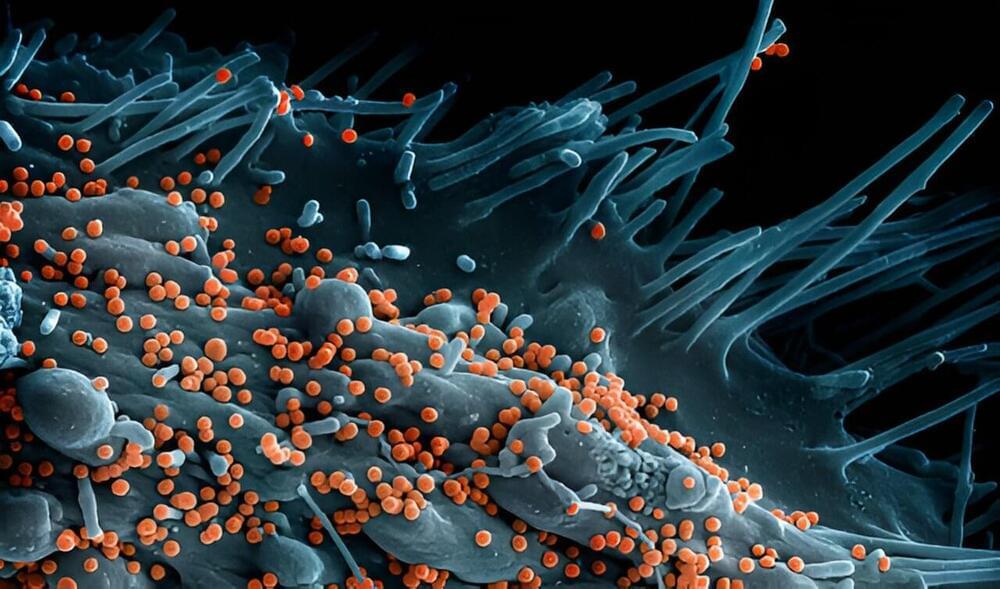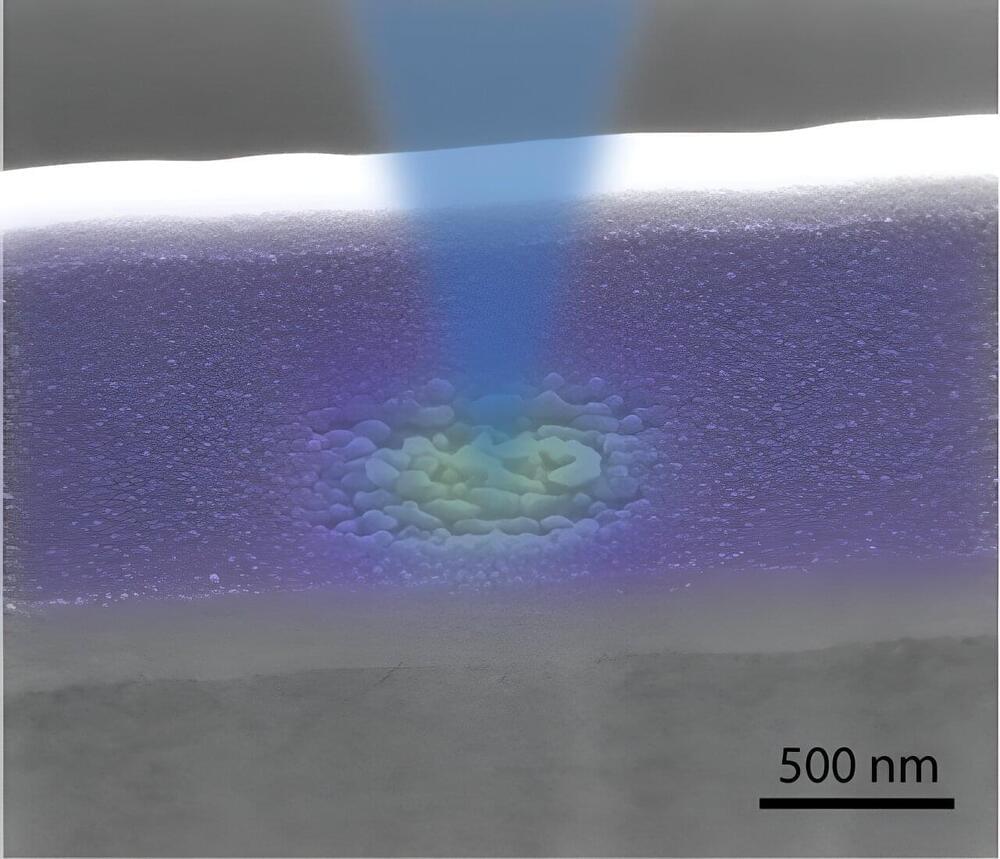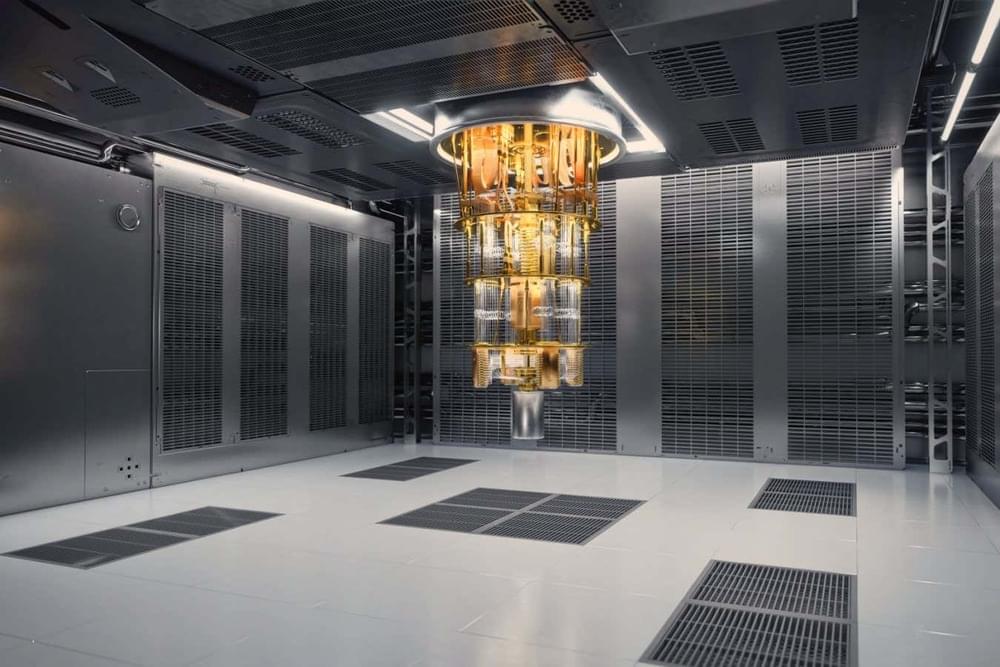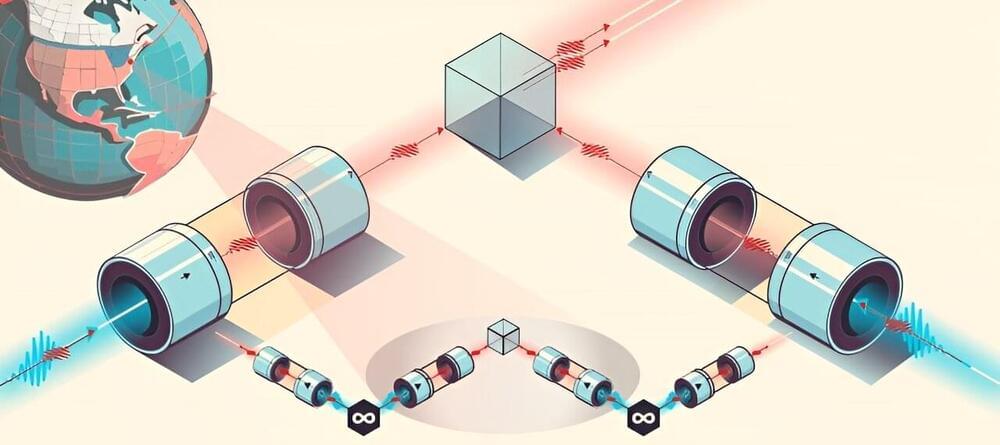Battelle Memorial Institute, Columbus, Ohio (FA8684-24D-B018); The Boeing Co., St. Louis, Missouri (FA8684-24D-B019); The Charles Stark Draper Laboratory Inc., Cambridge, Massachusetts (FA8684-24D-B014); Chip Scan Inc., Rockaway Beach, New York (FA8684-24D-B004); General Dynamics Mission Systems Inc., Dedham, Massachusetts (FA8684-24D-B006); GE Aviation Systems LLC Grand Rapids, Michigan (FA8684-24D-B008); Honeywell International, Clearwater, Florida (FA8684-24D-B010); Idaho Scientific LLC, Boise, Idaho (FA8684-24D-B012); Kratos SRE Inc., San Diego, California (FA8684-24D-B005); L3Harris Technologies Inc., Palm Bay, Florida (FA8684-24D-B007); Lockheed Martin Corp., Orlando, Florida (FA8684-24D-B009); Mercury Systems Inc., Andover, Massachusetts (FA8684-24D-B016); Microsemi SOC Corp., San Jose, California (FA8684-24D-B011); Northrop Grumman Systems Corp., Linthicum Heights, Maryland (FA8684-24D-B003); Radiance Technologies Inc., Huntsville, Alabama (FA8684-24D-B013); Raytheon Co., McKinney, Texas (FA8684-24D-B015); and Sabre Systems Inc., Warminster, Pennsylvania (FA8684-24D-B017), were awarded a $499,000,000 multiple award, indefinite-delivery/indefinite-quantity contract for the design, build, test, and delivery of functioning anti-tamper solutions that will be ready for follow-on production to be integrated into a broad range of Department of Defense programs. The development of these solutions enables the necessary protection of critical program information from adversarial tamper efforts. Work will be performed in the continental United States and is expected to be completed Feb. 28, 2030. This contract was a competitive acquisition, and 20 offers were received. Fiscal 2024 research, development, test, and evaluation funds in the amount of $1,000 per awardee are being obligated at time of award. The Air Force Life Cycle Management, Wright Patterson Air Force Base, Ohio, is the contracting activity.
Roundhouse PBN LLC, Colorado Springs, Colorado, was awarded a $13,619,953 commercial, fixed-firm-price contract for a temporary and relocatable Program Integration Office/Program Management Office facility for the Sentinel Program at F. E. Warren Air Force Base, Wyoming. This contract provides for a one-time procurement for a secure, prefabricated, nominal 26,000-square-foot temporary facility, that will satisfy immediate requirements for additional office space for up to 200 Sentinel project personnel. This will be a commercial supply contract to procure a facility and furnishings, with a limited construction service component to conduct site preparation. Work will be performed at F.E. Warren AFB, Wyoming, and is expected to be completed by Feb. 7, 2025. This contract was a sole source acquisition. Fiscal 2024 operation and maintenance funds in the amount of $1,923,839; and fiscal 2024 procurement funds in the amount of $11,696,114, are being obligated at time of award.

